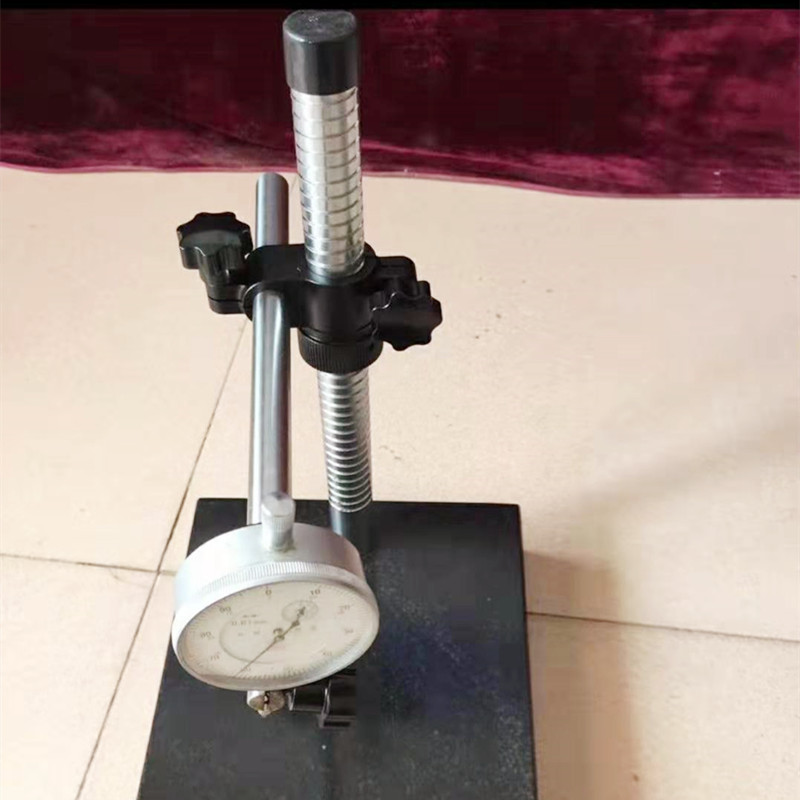Sep . 03, 2024 15:55 Back to list
what is a water valve
What is a Water Valve?
A water valve is a mechanical device used to control the flow and pressure of water in various plumbing and irrigation systems. Essentially, it acts as a gatekeeper, determining how much water can pass through a specific point in a piping system. Water valves are critical components in residential, commercial, and industrial applications, making them essential tools for effective water management.
Types of Water Valves
There are several types of water valves, each designed for specific functions and applications. Some of the most common types include
1. Gate Valve This type of valve is primarily used to start or stop the flow of water. When fully opened, a gate valve provides minimal resistance to flow, which makes it ideal for applications where the valve is either fully open or closed.
2. Globe Valve Globe valves are designed for regulating flow. They have a spherical body and offer better control over water flow as compared to gate valves. These valves are often used in systems where flow needs to be adjusted frequently.
3. Ball Valve Featuring a spherical disc that controls flow, ball valves provide a tight seal when closed. They are favored for their durability and reliability, and they can be operated quickly, making them suitable for various applications where rapid shut-off is necessary.
what is a water valve

4. Check Valve This type is designed to allow fluid to flow in one direction only, preventing backflow and ensuring that the system remains pressure-sealed. Check valves are crucial in preventing contamination and protecting pumps in water systems.
5. Pressure Relief Valve Used primarily for safety, pressure relief valves automatically release excess pressure from a system, preventing damage and maintaining safe operating conditions.
Importance of Water Valves
Water valves play a critical role in the efficiency of plumbing systems. They help regulate water supply, manage pressure, and ensure the safety of the system. In irrigation, water valves enable farmers and gardeners to control the distribution of water, ensuring crops receive the appropriate amount for optimal growth.
Moreover, maintaining water valves is essential for the longevity of piping systems. A malfunctioning valve can lead to leaks, water wastage, and even flooding. Regular inspections and timely replacements of outdated or damaged valves can significantly enhance the performance and lifespan of water systems.
Conclusion
In summary, water valves are indispensable components of any water management system. Understanding the types of valves and their functions allows homeowners, engineers, and facility managers to make informed decisions about their plumbing needs. By effectively controlling the flow and pressure of water, valves contribute to the safety, efficiency, and sustainability of water resources. Whether for residential use or large-scale industrial applications, investing in quality water valves is crucial for maintaining an efficient and reliable water supply.
-
Flanged Gate Valve: A Reliable Choice for Industrial and Municipal SystemsNewsAug.20,2025
-
Soft Seal Gate Valve: A Modern Solution for Reliable Pipeline ControlNewsAug.20,2025
-
Gate Valve Types: Understanding the Options for Your Pipeline SystemsNewsAug.20,2025
-
Y Type Strainer: Essential for Clean and Efficient Flow SystemsNewsAug.20,2025
-
Cast Iron Y Strainer: Durable Solutions for Demanding ApplicationsNewsAug.20,2025
-
Flanged Y Strainer: An Essential Component in Industrial Filtration SystemsNewsAug.20,2025
Related PRODUCTS









